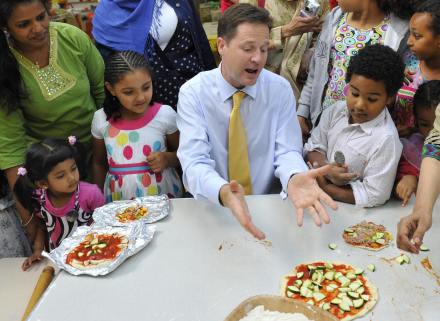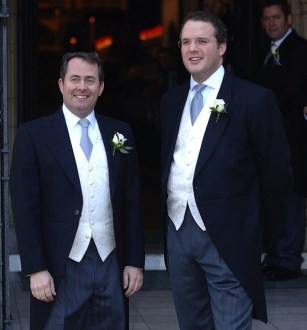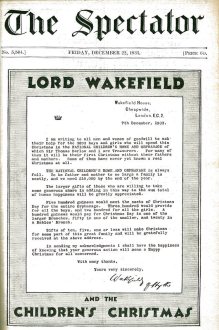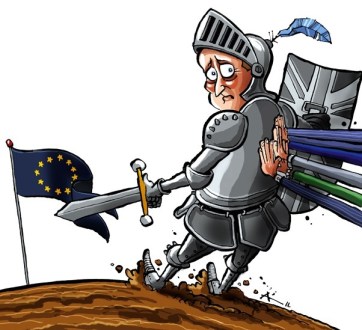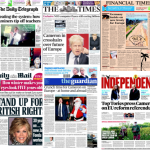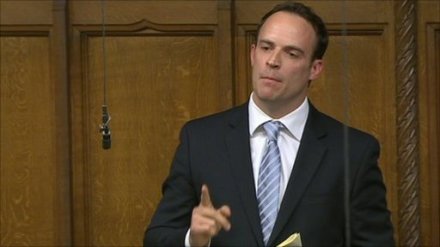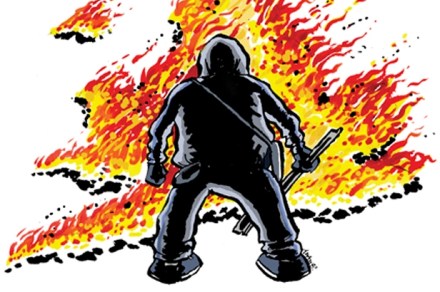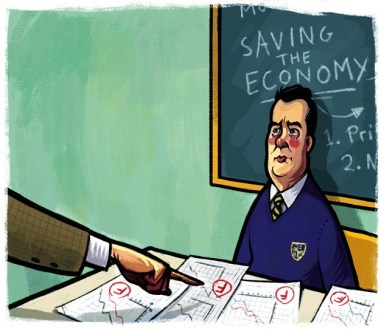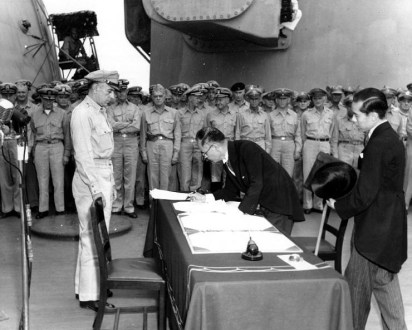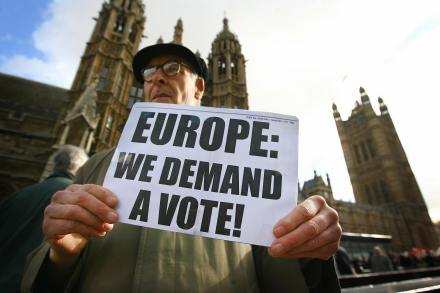What do CoffeeHousers want for Christmas?
Quentin Letts certainly wants a lot from good ol’ Father Christmas. In the festive double issue of The Spectator he pens a wish-list that contains no less than 56 items. Here are some of the highlights: A referendum on Britain’s future in Europe… Or, a Linguaphone course to brush up my German. A protest march through Islington by striking taxpayers. An announcement from David Cameron that he is scrapping the Ministerial and Other Pensions and Salaries Act 1991, which granted pay-offs to Cabinet ministers. (The Act was also responsible for setting the Commons Speaker’s indecently generous pension. Double bingo!) Less windbaggery from Speaker Bercow. And if we taxpayers must shell




